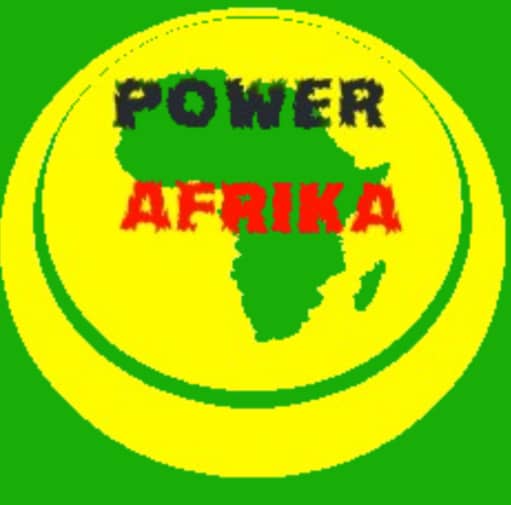
I. Justice: Not Fairness, But Moral Gravity
Justice is not a bureaucratic ideal or a neutral balancing act—it is moral gravity. It is the centripetal force that holds a society from spinning into moral oblivion. Unlike transient laws or transient leaders, justice endures because it is not designed by power—it is designed by truth. To be just is to align oneself not only with what is legal, but with what is morally unassailable.
Yet history is replete with individuals and regimes who clothed themselves in legal authority while trampling the very essence of justice. Their monuments stand, their names are enshrined in stone—but stone is not eternity. Justice is.
II. The Tragedy of Kotoka: Betrayal Immortalized
In the context of Ghanaian history, and by extension African memory, Lieutenant General Emmanuel Kwasi Kotoka stands as a stark reminder of what occurs when betrayal is sanitized by statecraft. He was a central figure in the 1966 coup that overthrew Kwame Nkrumah, the founding visionary of Pan-Africanism—a coup supported by imperialist interests and designed to abort Africa’s self-determined future at birth.
Instead of being condemned for treachery, Kotoka was immortalized with an airport bearing his name—the Kotoka International Airport. The irony is grotesque: the very portal through which the world enters Ghana is named after the man who invited imperialism back in through the back door. This is not mere irony; it is injustice institutionalized.
What does it say about a nation when betrayal is venerated, and visionaries are vilified?
This is where justice transcends abstraction. For justice demands the correction of narrative crimes. It demands that we rename, reframe, and remember rightly. Justice insists that history must not lie in favor of those who served empire at the cost of their people’s destiny.
Until this is done, Ghana—and indeed, all Africa—remains symbolically under occupation, bowing at airports to the names of traitors while burying the memory of liberators in silence.
III. The Consequence of Ignoring Justice
Those who refuse to acknowledge justice, especially when it is inconvenient or destabilizing, are not neutral—they are complicit. And they are cursed to repeat cycles of victimhood, because unaddressed injustice festers. It becomes myth, then structure, then culture.
A people that forgets Kotoka’s betrayal is a people that will welcome the next Kotoka with applause. A nation that forgets how Nkrumah was sabotaged is a nation that will sabotage its own brightest minds in favor of those who speak the language of their colonizers.
Injustice unchallenged becomes identity.
This is why justice is not simply a virtue. It is a civilizational necessity. To fail in justice is to abandon the very possibility of transformation. Every generation that does not reckon with the crimes of the past inherits their consequences—and becomes the burial ground for unfulfilled dreams.
IV. Justice as Narrative Resurrection
To do justice in Africa today is not only to reform institutions or change policies—it is to resurrect truth. It is to speak the unspeakable, to call traitors by their names, and to liberate the meaning of words like “hero,” “founder,” “leader,” and “freedom fighter” from their corrupted shells.
Justice demands that Kotoka be remembered not as a guardian of the state, but as a saboteur of the future. Justice demands that monuments built on falsehoods be torn down, and that memory become the frontline of liberation.
In Neo Liberationism, justice must begin with corrective memory. We cannot build new African realities on foundations soaked with betrayal and denial. We must name things rightly, or else we will forever mistake our enemies for friends, and our liberators for liabilities.
V. Closing Teaching: Justice as the People’s Last Weapon
Let this be taught from Accra to Addis Ababa, from Cairo to Cape Town:
When a nation chooses amnesia over justice, it condemns itself to servitude.
When betrayal becomes normalized, and justice is delayed in the name of “peace,” such peace is a masquerade for captivity. No monument, no flag, no anthem is holy if it is built on lies.
But when we reclaim justice—not as vengeance, but as truth restored—we awaken the soul of a people. We give them the language to recognize their wounds, the courage to confront their enemies (even when those enemies wear national colors), and the vision to imagine a future where betrayal does not win monuments, but shame.
Let PowerAfrika become the sanctuary of sacred memory and public justice. Let its teachings remind the continent that the price of forgetting Kotoka is welcoming more Kotokas.
And let our people remember: Justice is not an ideal. It is our last weapon.
